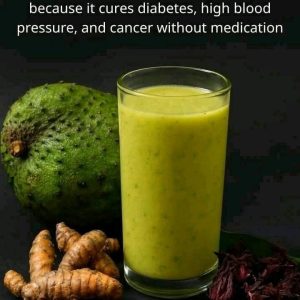In grocery stores, oils like canola, corn, and vegetable oil are popular for their affordability and versatility in cooking. However, their health impact when used frequently or at high temperatures has been a topic of discussion. Let’s explore the facts about these oils and their appropriate use.

1. Omega-6 Fatty Acids: A Matter of Balance
Canola, corn, and vegetable oils contain omega-6 fatty acids, which are essential for the body. However, many diets in Western countries already include an abundance of omega-6, leading to an imbalance with omega-3 fatty acids. This imbalance could contribute to inflammation in some individuals. It’s important to maintain a balanced intake of omega-6 and omega-3 by incorporating sources of omega-3, such as fish, flaxseeds, or walnuts, into your diet.
2. Refining and Processing
These oils are typically refined through processes involving high heat and chemical solvents like hexane. While this process removes impurities and stabilizes the oil for cooking, it can also strip away some natural nutrients and antioxidants. Despite this, refined oils are safe for consumption and widely regulated for quality and safety.
3. Smoke Point and Cooking Use

Canola and corn oils have moderate smoke points (around 200–230°C), making them suitable for sautéing and baking. However, cooking at extremely high temperatures, such as deep-frying, may cause any oil, including these, to degrade and release harmful compounds like free radicals. Using oils at appropriate temperatures is key to minimizing potential health risks.
4. Trans Fats and Health Risks
During refining, trace amounts of trans fats can form, but these are typically minimal and within regulatory safety limits. The primary concern with trans fats comes from highly processed or fried foods, not from moderate use of cooking oils like canola or corn oil.
5. Healthier Cooking Alternatives

For specific cooking needs, some oils offer additional benefits:
- Extra Virgin Olive Oil: Great for low to medium-heat cooking and salads, offering antioxidants and heart-healthy fats.
- Avocado Oil: Ideal for high-heat cooking due to its high smoke point and nutrient profile.
- Coconut Oil: A stable option for high temperatures, with a rich flavor that complements certain dishes.
- Ghee or Clarified Butter: Perfect for high-heat cooking and adds a unique, rich flavor.
Conclusion

Canola, corn, and vegetable oils are safe and versatile options when used appropriately. The key to maintaining health is balancing the types of oils you use and considering your cooking methods. For high-heat cooking, opt for stable oils like avocado oil or ghee. For cold dishes or low-heat cooking, extra virgin olive oil is an excellent choice.
Ultimately, no single oil is “bad” or “perfect.” By understanding the properties of each oil and using them wisely, you can enhance your cooking while supporting your overall health.




